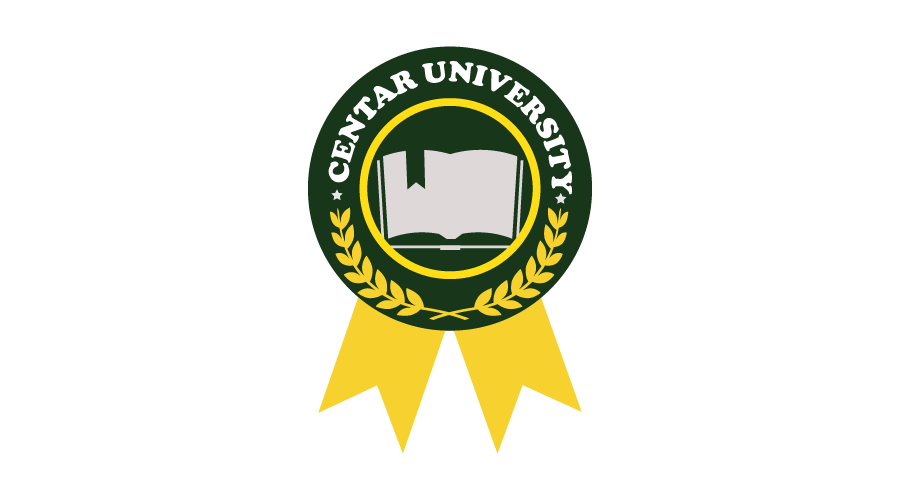Being a teacher is a dynamic profession that calls for ongoing improvement. Teachers need to be proficient in a variety of pedagogical skills and strategies in order to be successful educators. Micro teaching is one such strategy that has become increasingly popular in recent years. The concept, significance, and fundamental skills required to master this method of training will all be explored in this article as we delve into the world of micro teaching.
What exactly is micro teaching?
Micro teaching is a teaching method that concentrates on giving teachers a controlled and condensed platform to practice and hone their teaching skills. It entails presenting teachings to a small number of students after breaking them down into manageable chunks. These classes are often short, lasting only 5 to 10 minutes, allowing teachers to focus on particular teaching skills or techniques.
The Value of Micro-Learning
- skill development
A potent instrument for educator preparation and advancement is micro teaching. Teachers can test out different instructional methods in a controlled setting, get helpful feedback, and adjust their methods as necessary. The iterative procedure helps to improve teaching skills and confidence.
- Reflection and self-evaluation
Teachers have an opportunity to evaluate their pedagogical strategies through micro teaching. Teachers can pinpoint areas of strength and those that need improvement by carefully analyzing their own teaching performance. They are able to improve their teaching methods and develop as educators thanks to this self-evaluation.
- Focused Instructional Objectives:
Teachers can focus on particular facets of their pedagogy while using micro teaching. They can focus on specific practices and improvement of skills like questioning strategies, classroom management, or the use of instructional technology. Teachers can improve their overall teaching efficacy by developing these particular skills.
- Essential Micro Teaching Skills:
Effective micro teaching begins with well-thought-out lesson plans. Lesson plans should be logically organized and coherent, taking into account the learning objectives, material, and suitable instructional methodologies. A good micro teaching session depends on having clear objectives and well-organized resources.
- Communication:
Effective teaching requires excellent communication skills. Teachers must engage students through good verbal and nonverbal communication, communicate ideas effectively, and use acceptable language. Additionally essential is active listening, which promotes a welcoming and inclusive teaching climate.
- Classroom administration:
Teachers can hone their classroom management skills via micro teaching. In order to effectively control student behavior, set clear objectives, and create and maintain a healthy learning environment, educators must. Effective classroom management includes strategies like proactive discipline, positive reinforcement, and the utilization of classroom procedures.
- How to ask questions:
Effective questioning encourages students to think critically and participate actively. To encourage student participation and improve comprehension, teachers should use a range of question kinds, such as open-ended, probing, and rhetorical inquiries. Effective questioning also entails giving students enough time to prepare their answers.
- Media Instructional:
Using educational material improves the learning process. Teachers should be adept at utilizing multimedia presentations, visual aids, and other technical resources to support their lessons. In order to improve understanding and engagement, they should choose the right resources and effortlessly incorporate them into their courses.
- Review and comments:
Teachers get the chance to practice formative assessment methods and give helpful criticism to students when they use microteaching. To guide students’ progress, teachers must provide assessment activities that are in line with the course objectives, employ suitable assessment techniques, and successfully deliver feedback.
Conclusion:
Developing and honing teaching skills through microteaching is a worthwhile endeavor. Teachers can improve their instructional techniques and increase their effectiveness in the classroom by breaking lessons down into digestible sections and concentrating on particular skills. Lesson planning, communication, classroom management, questioning strategies, the use of instructional material, and evaluation are just a few of the micro teaching skills that instructors who have mastered are able to use to give their students rich learning experiences. Using micro teaching as a tool for professional development would surely help educators succeed in their mission to deliver high-quality education.



